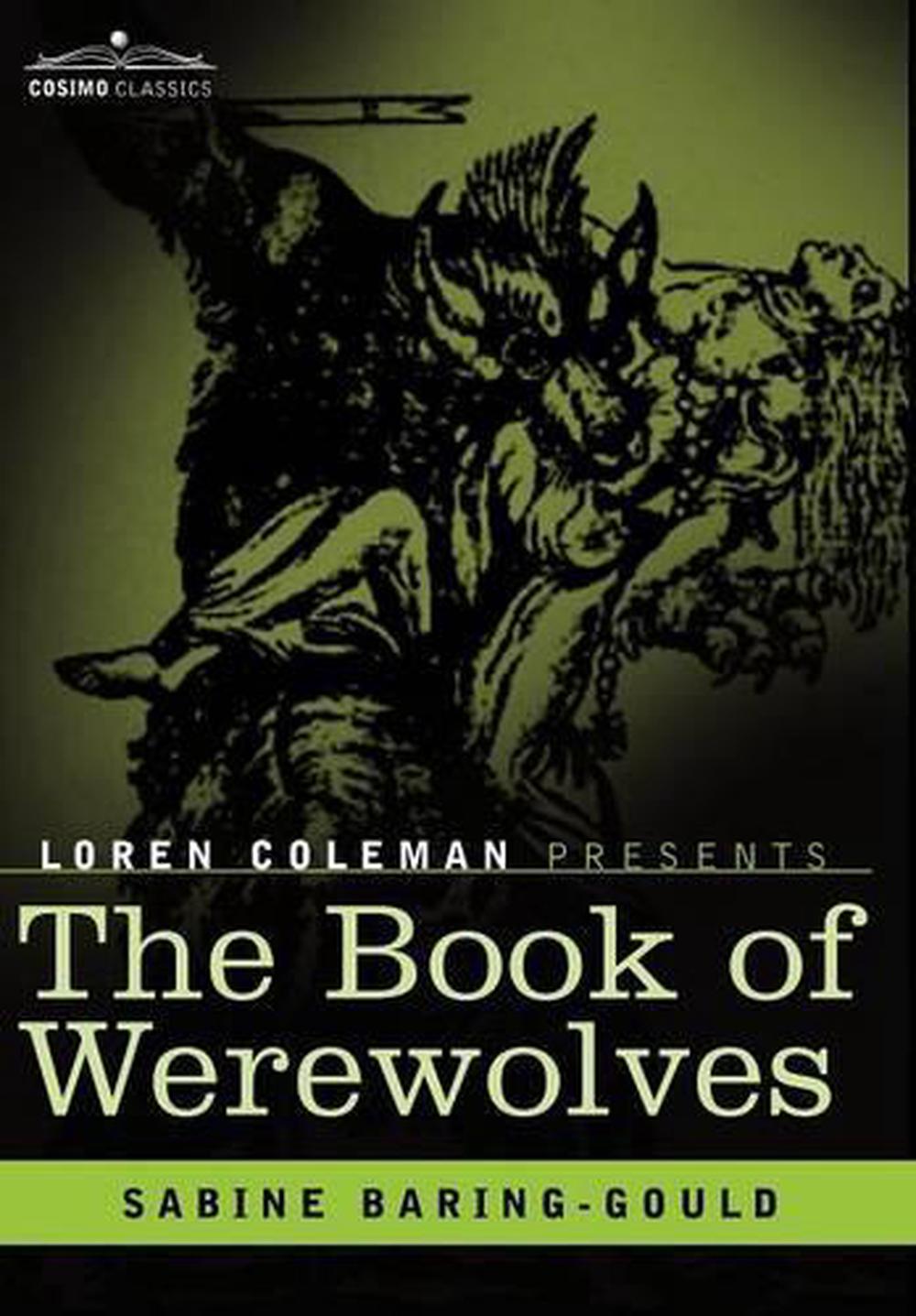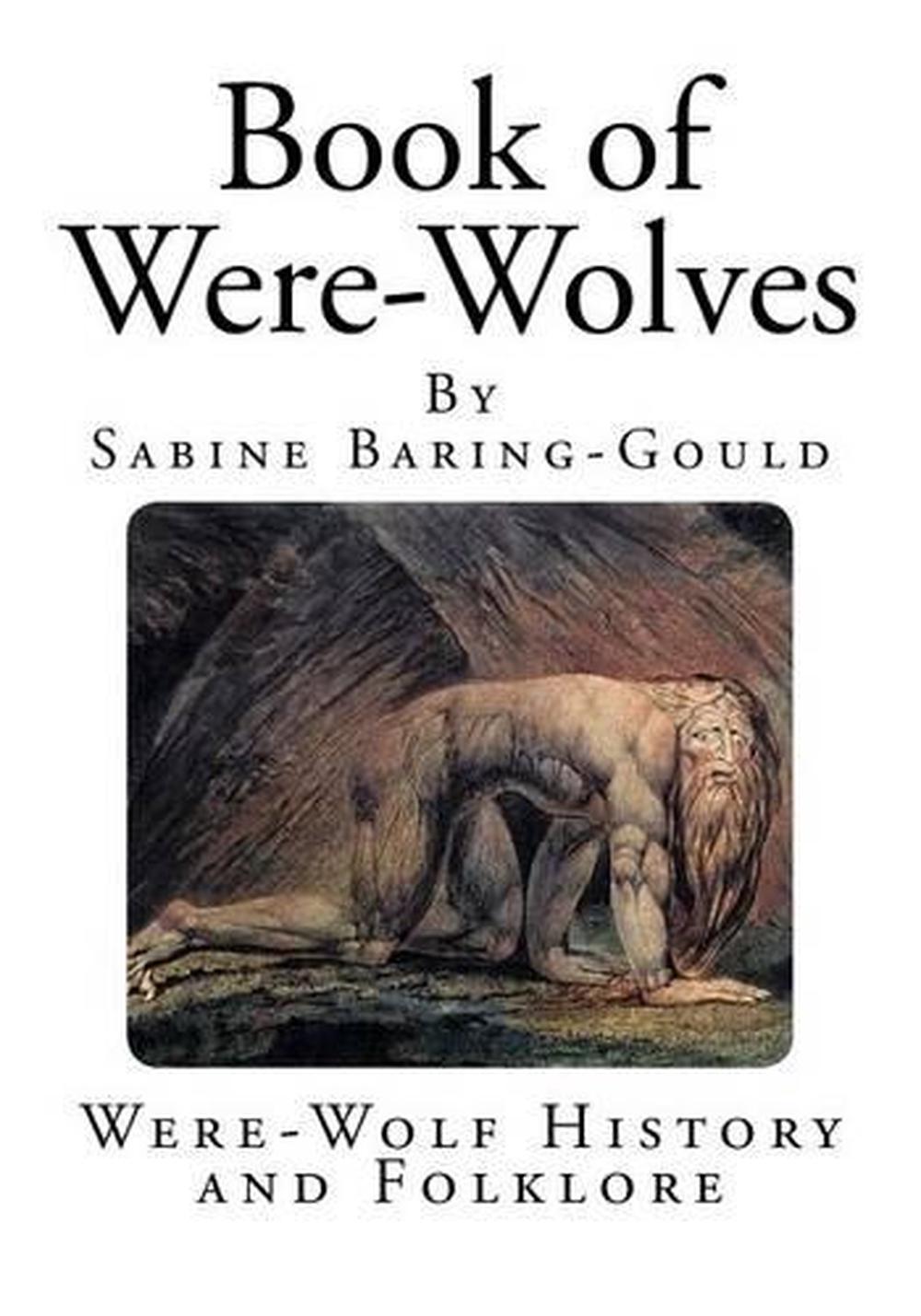

If you have not received your delivery following the estimated timeframe, we advise you to contact your local post office first, as the parcel may be there awaiting your collection.

Please be aware that the delivery time frame may vary according to the area of delivery and due to various reasons, the delivery may take longer than the original estimated timeframe.

Items in order will be sent via Express post as soon as they arrive in the warehouse. Order may come in multiple shipments, however you will only be charged a flat fee.Ģ-10 days after all items have arrived in the warehouse This text would have been an excellent reference for Clemence Housman when writing The Were-Wolf.Items in order will be sent as soon as they arrive in the warehouse.

Baring-Gould attempts to associate lycanthropy with cannibalism, spiritual possession, and madness to reveal “that under the veil of mythology lies a solid reality, that a floating superstition holds in solution a positive truth” (Baring-Gould 6). Baring-Gould’s uniquely diverse talents are represented in The Book of Were-Wolves, as various chapters pull from oral traditional tales, folk songs, historical accounts, and medical documentation that link lycanthropy to the real world. Born in 1834 in Devon, England, Baring-Gould was a theologian, hagiographer, novelist, linguist, and collector of folk songs, as well as a composer of hymns, his most famous being “Onward Christian Soldiers.” He was ordained as an Anglican Priest in 1865. The text investigates the various mentions of werewolves from “ancient writers of classic antiquity,” “Northern Sagas,” and “mediæval authors,” to create a “sketch of modern folklore relating to Lycanthropy” (Baring-Gould 6). The Book of Were-Wolvesby the Reverend Sabine Baring-Gould is a collection of werewolf folklore and mythology originally published in 1865 by Smith, Elder & Co.


 0 kommentar(er)
0 kommentar(er)
